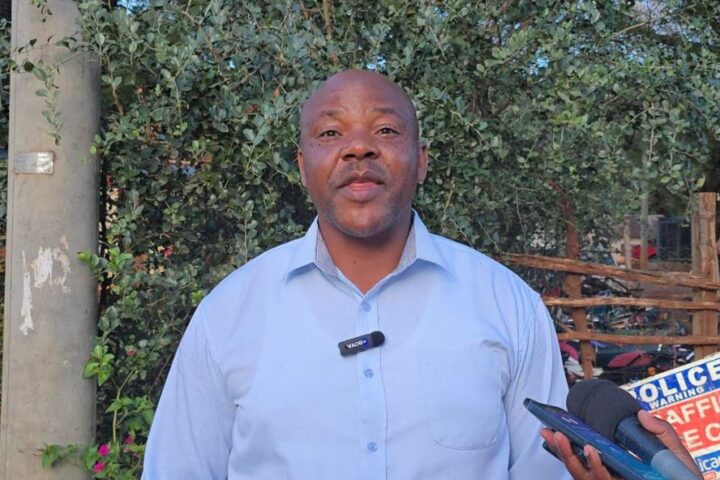 Chief Justice Martha Koome has called for a renewed commitment to integrity in the judiciary, emphasizing that justice must never be compromised. She described the current scrutiny of the judiciary as a “moment of reckoning,” offering an opportunity for deep reflection and much-needed reform.
Chief Justice Martha Koome has called for a renewed commitment to integrity in the judiciary, emphasizing that justice must never be compromised. She described the current scrutiny of the judiciary as a “moment of reckoning,” offering an opportunity for deep reflection and much-needed reform.
Koome underscored the importance of improving case management to eliminate delays that hinder access to justice. She criticized the frequent adjournments of cases, pointing out that they undermine public trust in the judiciary.
“We have always maintained that justice is not for sale, nor can it be compromised for anything. That’s why we are intensifying our efforts to improve case management and ensure court users face no delays or administrative inefficiencies,” she said.
“Frequent adjournments not only delay justice but also fuel public frustration, further eroding trust in our courts,” she added.
The Chief Justice also addressed the issue of overloaded court schedules, where up to 50 cases are listed for a single day, often leading to long delays and hearings that do not take place. Koome stressed the need for more realistic case listings, suggesting that courts should only schedule a manageable number of cases per day.
“As judiciary officers, we must ensure that we only schedule a manageable number of cases each day, based on our capacity to hear and resolve them,” Koome explained.
In addition, she condemned the practice of scheduling hearings during judicial officers’ annual leave, calling it unacceptable.
“Leave must be planned in advance, with blocked days clearly marked on the court calendar. It is unacceptable for a court to set a hearing date when the presiding officer is away,” she added.
Koome also took a firm stance on tackling corruption within the judiciary, announcing a zero-tolerance policy. She revealed a shift from a complaints-based approach to an intelligence-driven model to combat corruption. This strategy, developed with the Ethics and Anti-Corruption Commission (EACC) and the National Intelligence Service (NIS), focuses on proactively identifying corruption hotspots.
“Our goal is to protect the integrity of the judiciary and foster a culture where corruption is completely prohibited,” she concluded.








